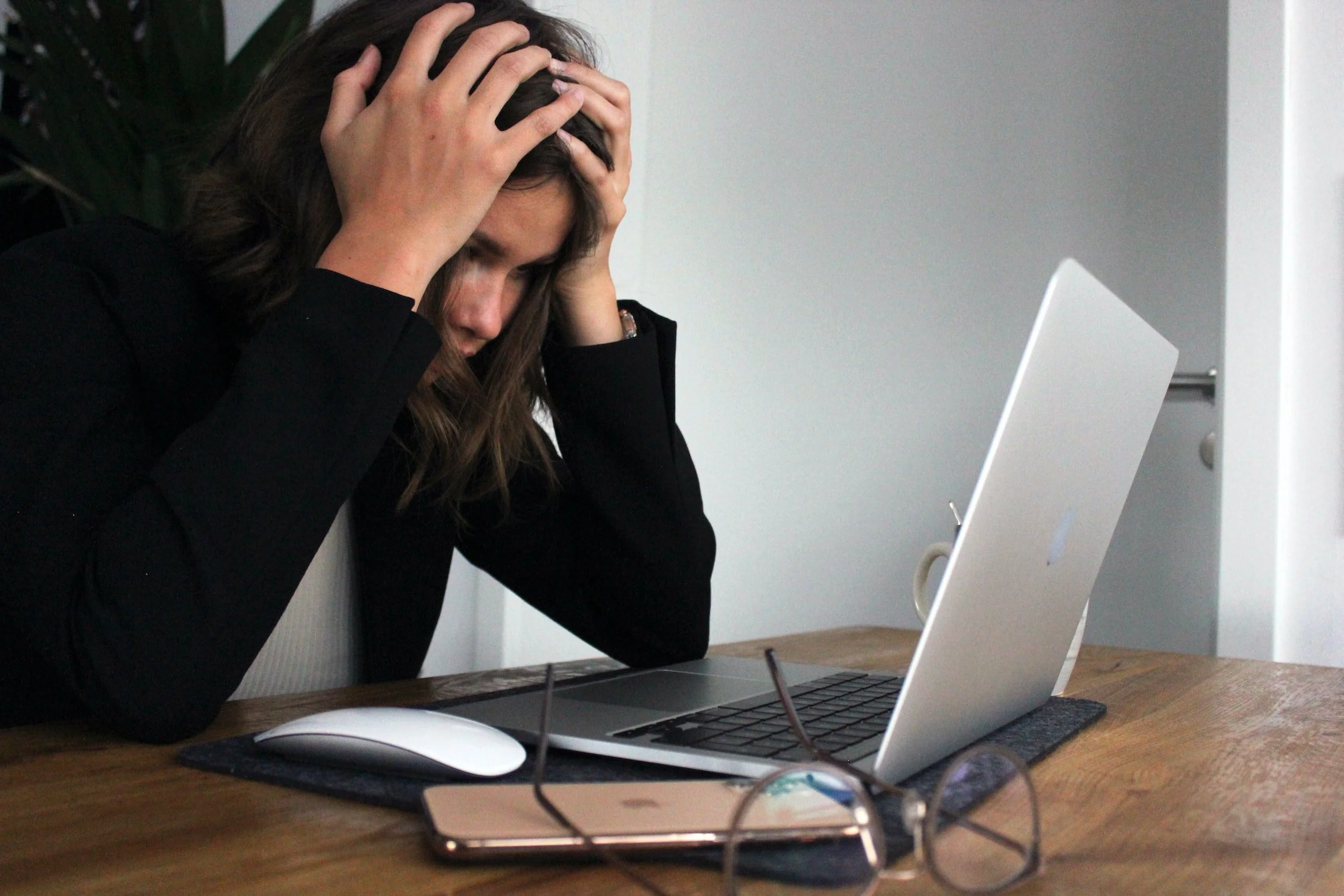Stress Management: A Tool
Stress can come from many places, affect us in a variety of ways (physically, emotionally, and mentally), and can be quite unpredictable or difficult to manage. While there are so many things to talk about related to stress, today I want to outline one tool I like to use when discussing an approach to stress management.
Stress Management Strategies
I think it is so important to have some go-to tools in your coping toolbox that can be used in a variety of situations. I like to think about this like a triangle with tiers and as you move up the tiers your strategies change with the amount of effort they require or rejuvenation you receive. No matter what items you put on your list, be sure to keep them front of mind and schedule them in whenever you can. My advice would be to pick a few of your favorites and set yourself up for success in implementing them. As I like to say in my house, if it goes on the calendar it will happen. I find that if I put something on the calendar, I then just plan and schedule around it, making it much more likely I’ll follow through. Give it a try, you may find it works for you too.
Here is a explanation of the way I like to think about my tiers of self-care or stress management:
Tier 1: Takes a few minutes of your time and you can do it daily
This tier is made up of small behaviors that you can do almost anytime or anywhere. These tools take very little effort, preparation, or cost to engage in. Examples of this might be taking a few deep breaths at your computer, a short walk around the parking lot, cuddling with a pet, watching a funny video, lighting a wonderful smelling candle, or texting a friend. To set yourself up for success, make a list of your favorite items and curate your space in a way that reminds you or gives you easy access. Write out an index card (and make it pretty if you want!) or start a note in your phone’s app of all your preferred methods. That way, when you are feeling stuck, you can easily see the things you’ve already established can be helpful. Then, set up your space so you can do the things you’ve identified you like to do. If you like scented candles, buy a favorite and keep it nearby. If you like funny videos - make a playlist for yourself on youtube of a few of your favorites that always make you laugh. Or if you like to walk, make sure you bring comfortable shoes with you to the office for a lunchtime jaunt.
Tier 2: Requires a little more time and you can do it regularly (weekly/monthly)
These are things that take more than a few minutes and might require a little more planning or effort. Examples of this are going to the gym, taking a yoga class, meeting up with a friend for coffee, reading a good book, going on a hike, baking cookies, or working on a puzzle. To set yourself up for successful follow through here, you may want to put some things on your calendar. That might mean scheduling a coffee date with a friend and then putting the next one on your calendars at the end of the current hang out. Or if it is the gym for you, it might mean bringing your gym bag to work with you or setting out workout clothes the night before so you can toss them on right when you wake up. If it is reading, keep your book nearby where you like to read or there are apps you can have on your phone to always have access to your current book of choice.
Tier 3: Much more effort and you can only do it occasionally
This tier is made up of things that require much more effort, planning, and cost but that (hopefully) give you a big surge of feeling refreshed and rejuvenated. Examples in this tier include getting a massage, going on a vacation, attending a concert, or taking a class on to learn more about a hobby or passion. To set yourself up for success here, it might mean budgeting some time or money to save up for a trip you’ve been meaning to take or giving yourself permission to take some time off work (trust me, you should probably take some time off). Or it could mean taking a few minutes to search for upcoming festivals, concerts, museum exhibitions, or something else that might require purchasing tickets or registering in advance.
A Tip on Physical Activity:
Keep in mind that stress has effects on your body. It is a physiological process and can wreak havoc if you aren’t taking care to let it work its way through your body. I would highly recommend you have some physical/body based practices listed in each category for this reason!
Stress Management Can Be Stressful!
While some ideas might come to you readily, you might also find it to be struggle to identify many of your go-to methods. For other people, it can be hard to give themselves permission to take the time to try some of these things. I also want to note that a few go-to strategies are helpful tools but will likely be even more helpful if you also spend time consider what is causing the stress and how it s impacting your life overall. You don’t have to figure it all out on your own. If you are considering professional assistance for your stress management, I can help! Contact me to see if we might be a good fit.
Summary/TL;DR
Stress affects us physically, emotionally, and mentally. This post outlines a tiered approach to stress management, offering simple daily tools, moderately demanding activities, and more significant efforts for occasional rejuvenation. Emphasizing the importance of self-care, it encourages you to identify and implement your favorite coping strategies for improved well-being.



